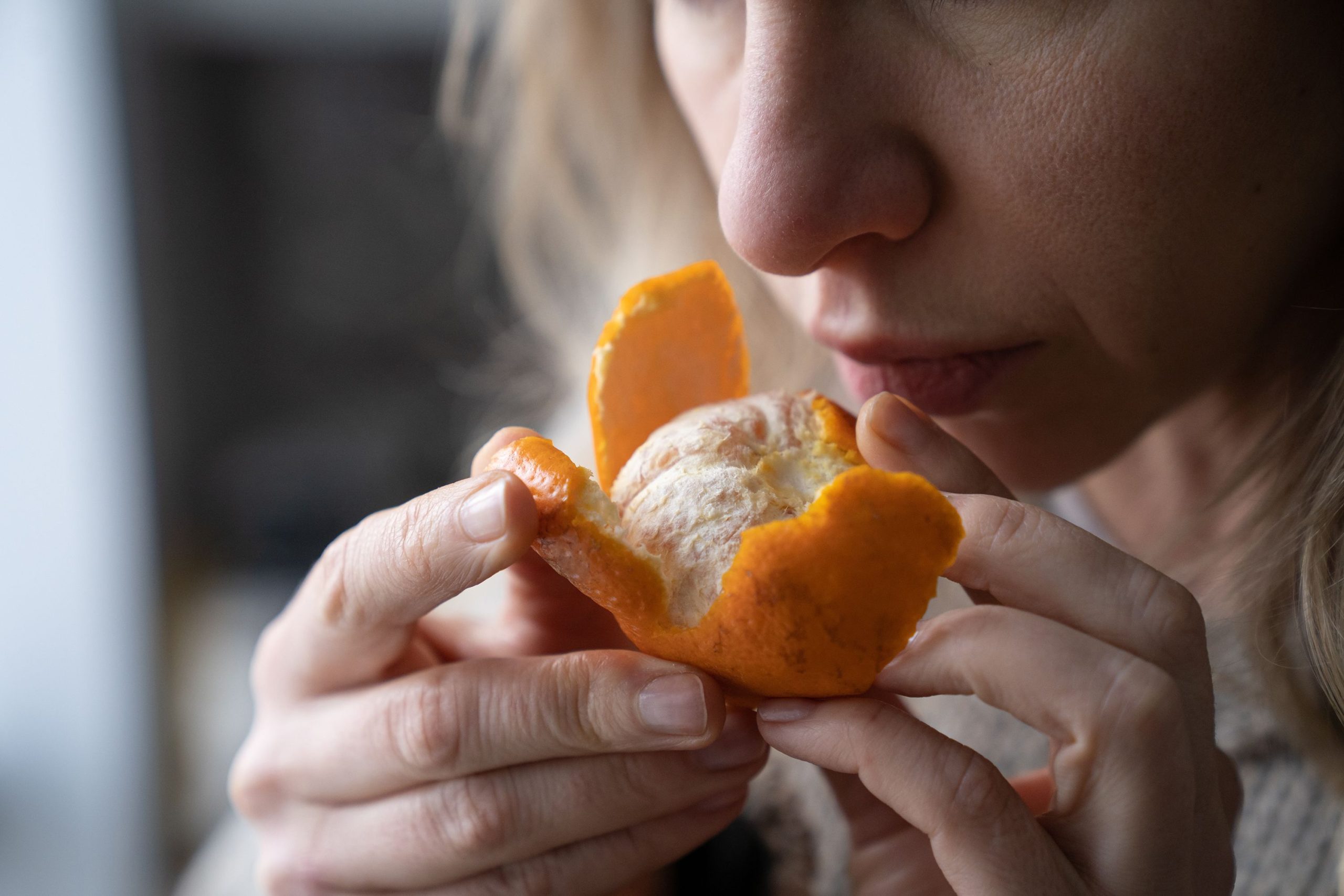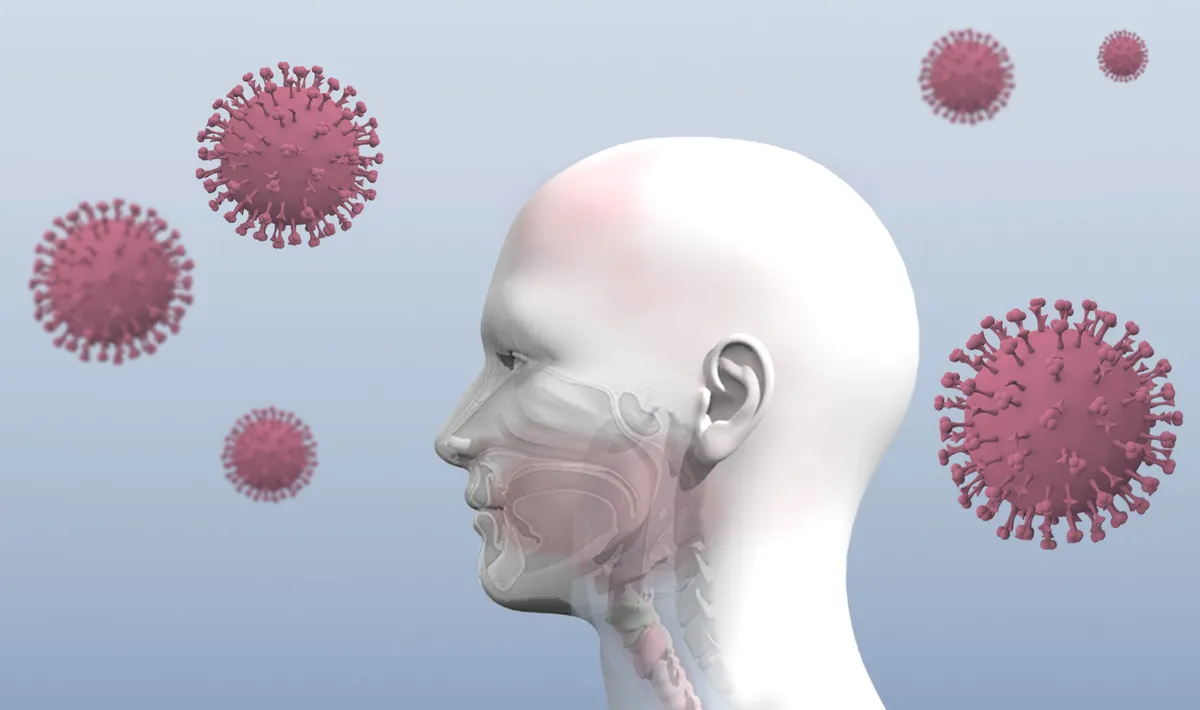For millions, the COVID-19 pandemic remains an ongoing struggle.
Approximately one in four individuals who contracted COVID-19 during the early stages of the pandemic have not yet regained their sense of smell or taste.
This startling revelation comes from a new study published in The Laryngoscope.
While the loss of smell and taste might seem like a trivial inconvenience, medical experts emphasize its significance.
“Losing your sense of smell or taste isn’t as benign as you may think,” said Neil Bhattacharyya, a professor at Massachusetts Eye and Ear, in a journal news release.
“It can lead to decreased eating for pleasure and, in more extreme cases, it can lead to depression and weight loss,” Dr. Bhattacharyya added.
One of Dr. Bhattacharyya’s patients experienced a 50-pound weight loss due to this sensory deprivation.
“The patient wasn’t eating and became very sick and very depressed,” Dr. Bhattacharyya, a co-author of the study, told.
“The classic thing patients tell me is that food tastes like cardboard,” he added.
For some, the loss of taste or smell can have severe consequences, such as being unable to detect a gas leak or a house fire, or if their career depends on these senses.
Last year, “Top Chef: Houston” competitor Jackson Kalb revealed he lost his sense of taste after contracting COVID-19 — just days before he was set to compete on the reality show.
Eight months later, the chef said his taste had returned 100 percent, although he was “not sure.”
The latest study analyzed data from the 2021 National Health Interview Survey (NHIS), which includes survey information from almost 30,000 adults across the United States.

The survey data indicated that in 2021, 35.8 million people — about 14 percent of the adult U.S. population — had been diagnosed with COVID-19.
Of those individuals, 60.5 percent reported a loss of smell, and 58.2 percent reported a loss of taste. These symptoms were particularly common among those with more severe cases of COVID-19 infection.
By the end of 2021, almost 25 percent of these individuals still hadn’t fully regained their senses of smell or taste, and more than 3 percent hadn’t recovered them at all.
Once again, individuals with more severe cases were more likely to have an incomplete recovery — or none at all.
“The value of this study is that we are highlighting a group of people who have been a bit neglected,” Dr. Bhattacharyya said.
Another important outcome of the study is the evidence that getting vaccinated — and taking Paxlovid if infected with the coronavirus — is the best way to avoid losing the senses of smell and taste.
Both the vaccine and the antiviral Paxlovid have been proven to reduce the severity of COVID-19 symptoms, the study authors noted.
Fortunately, the loss of smell and taste with COVID-19 infections might be a thing of the past.
Researchers at Virginia Commonwealth University School of Medicine in Richmond have found that the newer variants of the coronavirus now circulating present a much lower risk of smell and taste loss.
In 2022 and early 2023, as Omicron variants dominated, the risk of smell loss from infection was as low as 6 percent compared with earlier 2020 variants.
